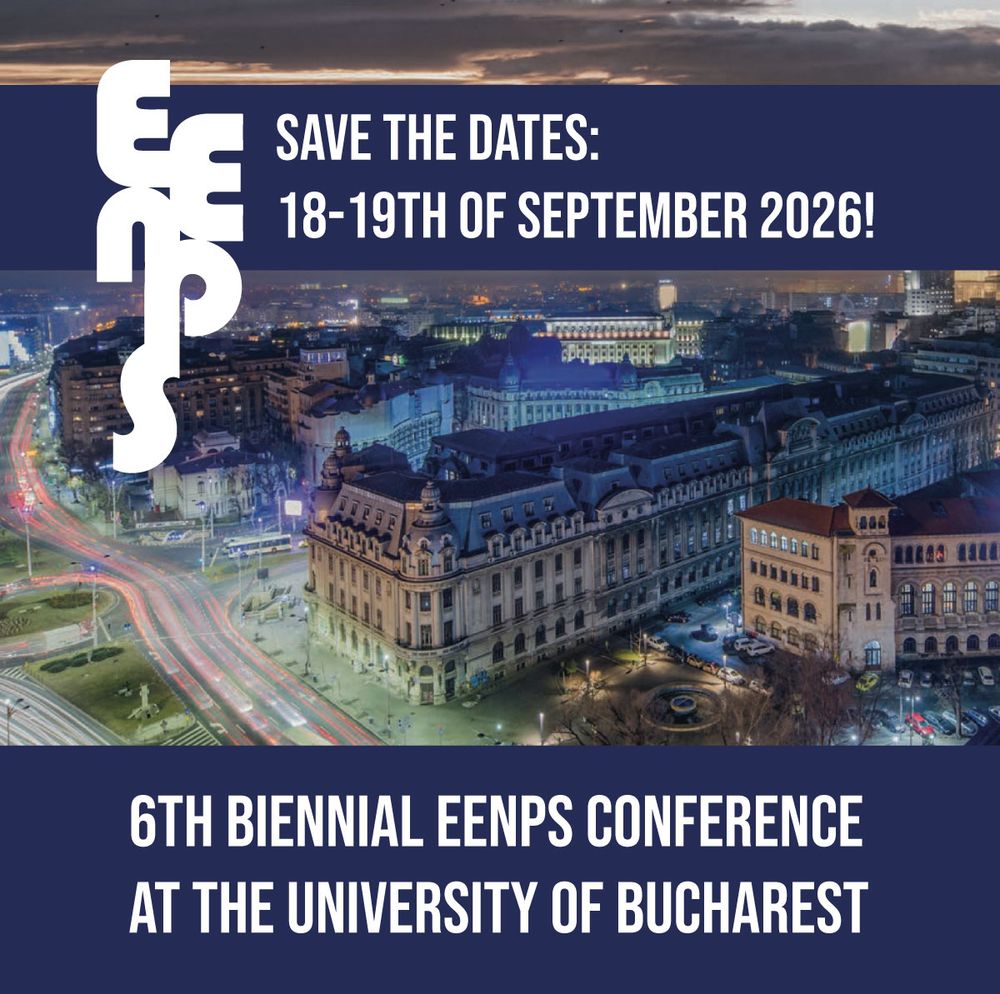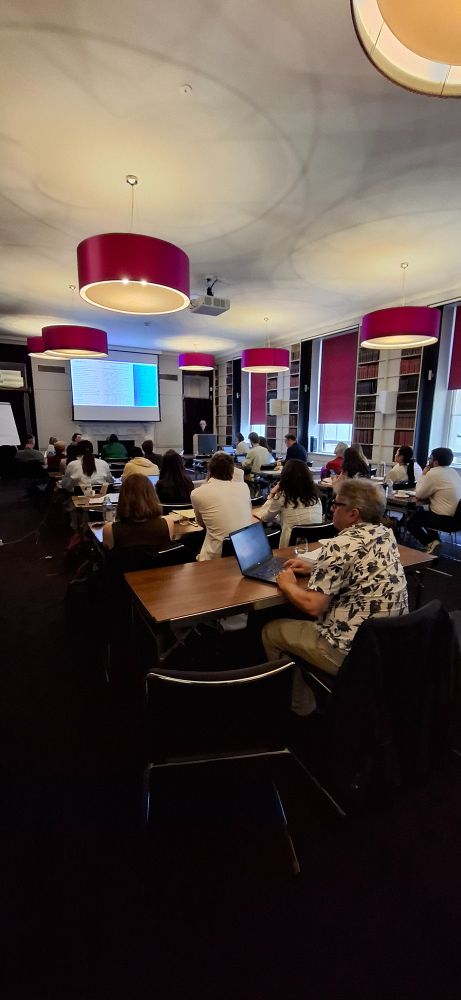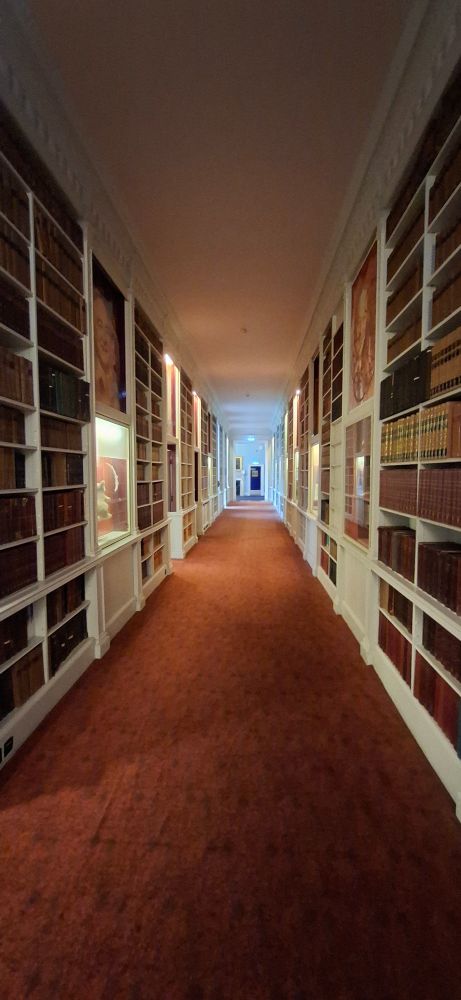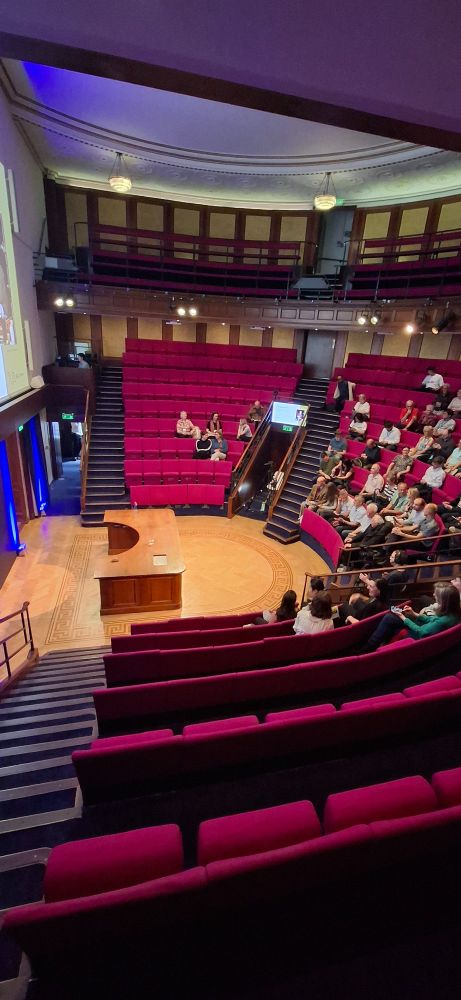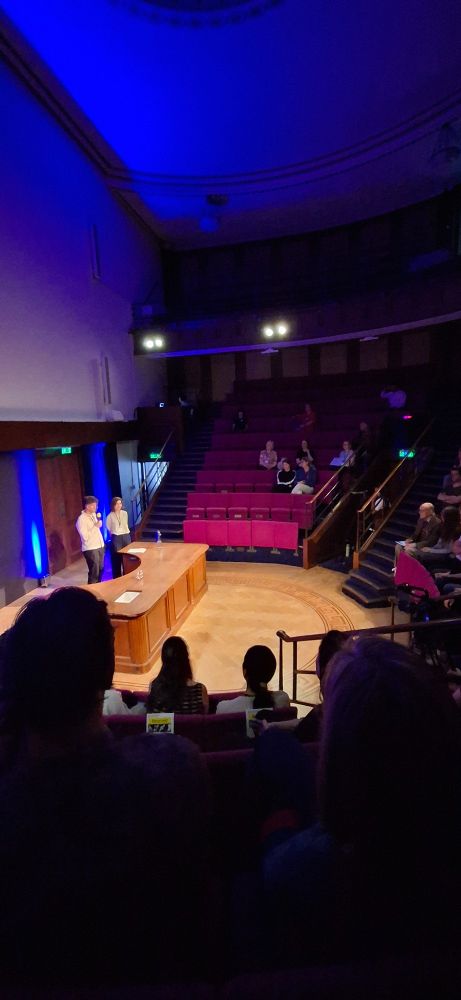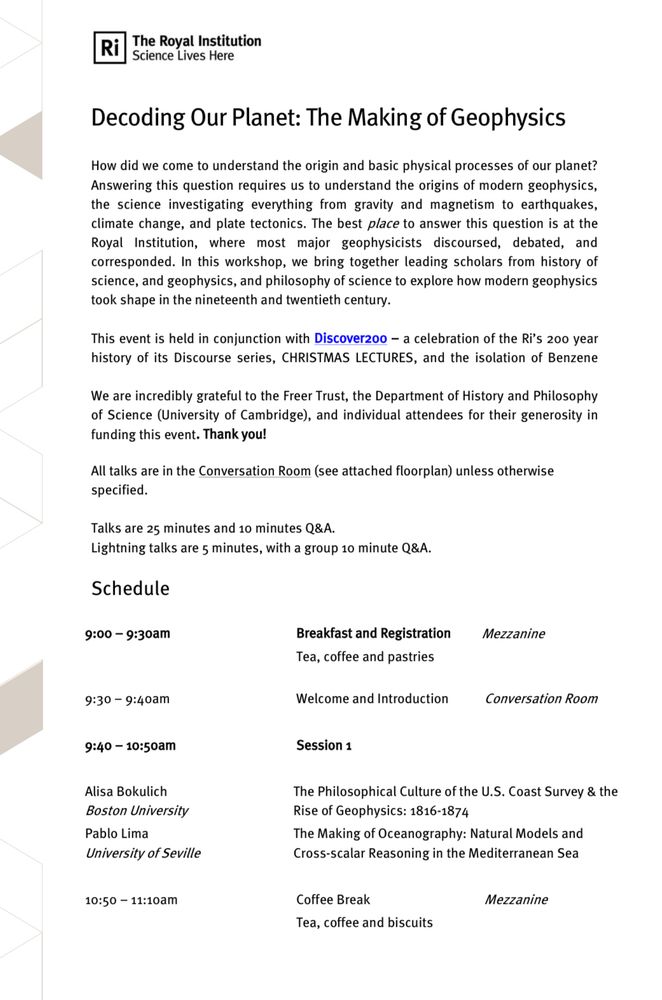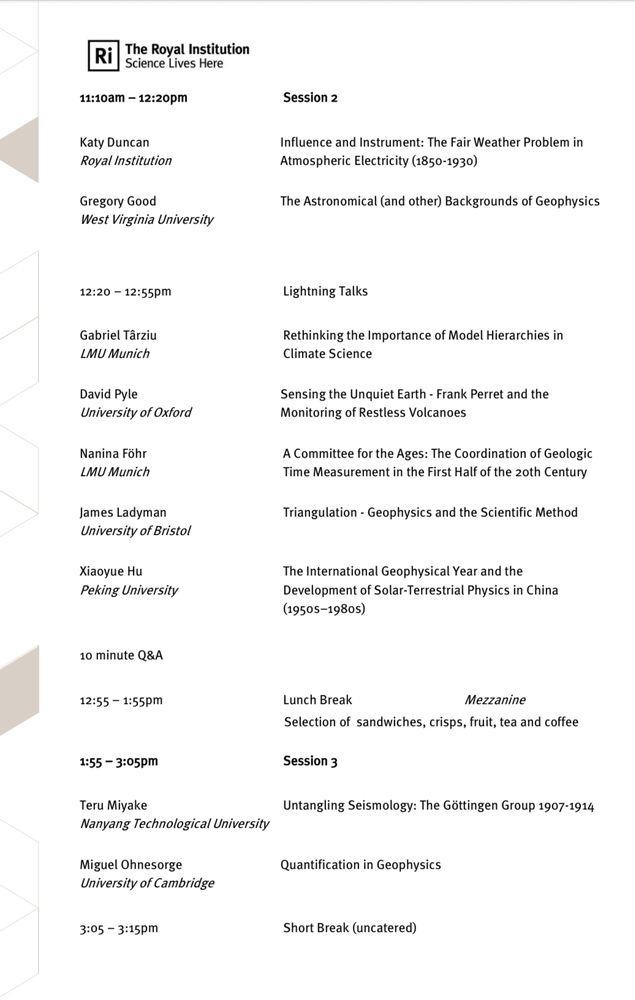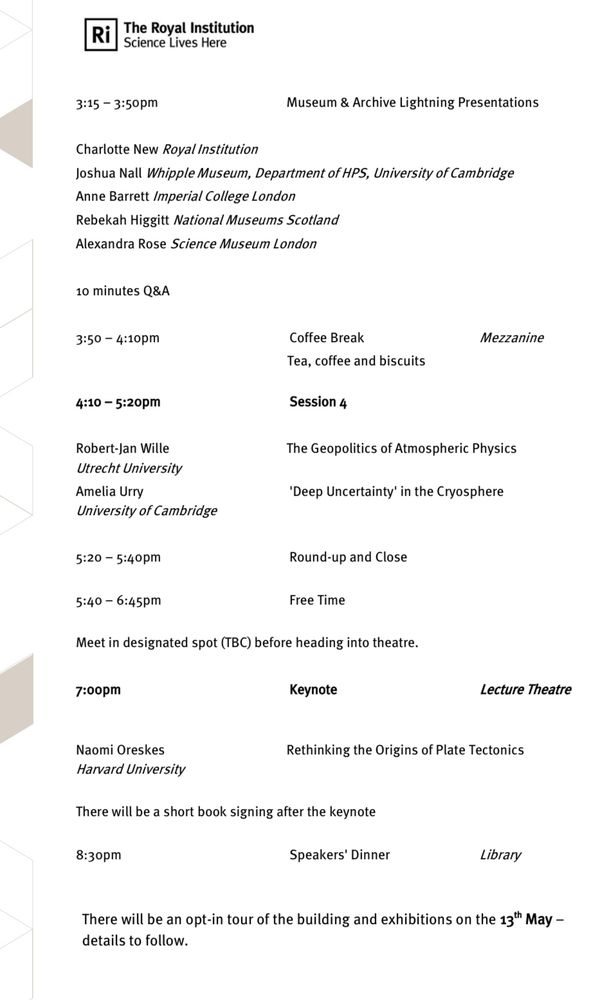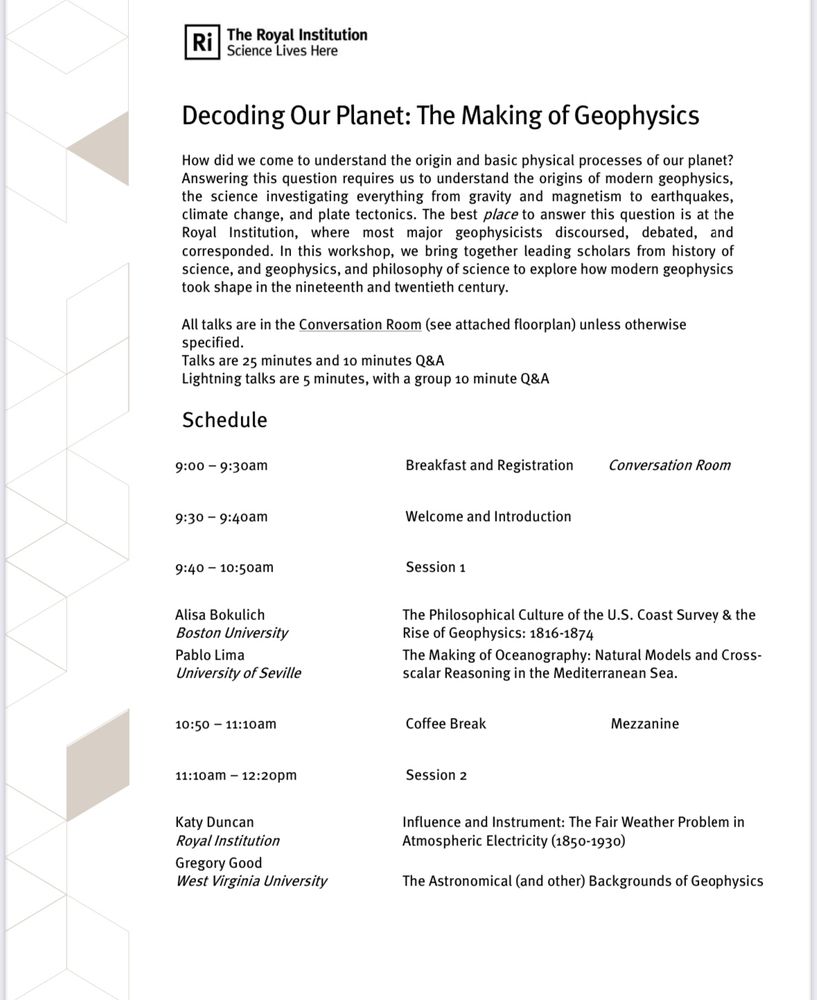Gabriel Tarziu
@gabrieltarziu.bsky.social
49 followers
72 following
6 posts
Postdoc at the MCMP, LMU Munich. Working on the philosophy of climate science, with broader interests in scientific understanding and explanation and the applicability of mathematics to the physical world. More about me here: https://shorturl.at/qz50C
Posts
Media
Videos
Starter Packs
Reposted by Gabriel Tarziu
Reposted by Gabriel Tarziu
Reposted by Gabriel Tarziu
Gabriel Tarziu
@gabrieltarziu.bsky.social
· Apr 26
Reposted by Gabriel Tarziu



